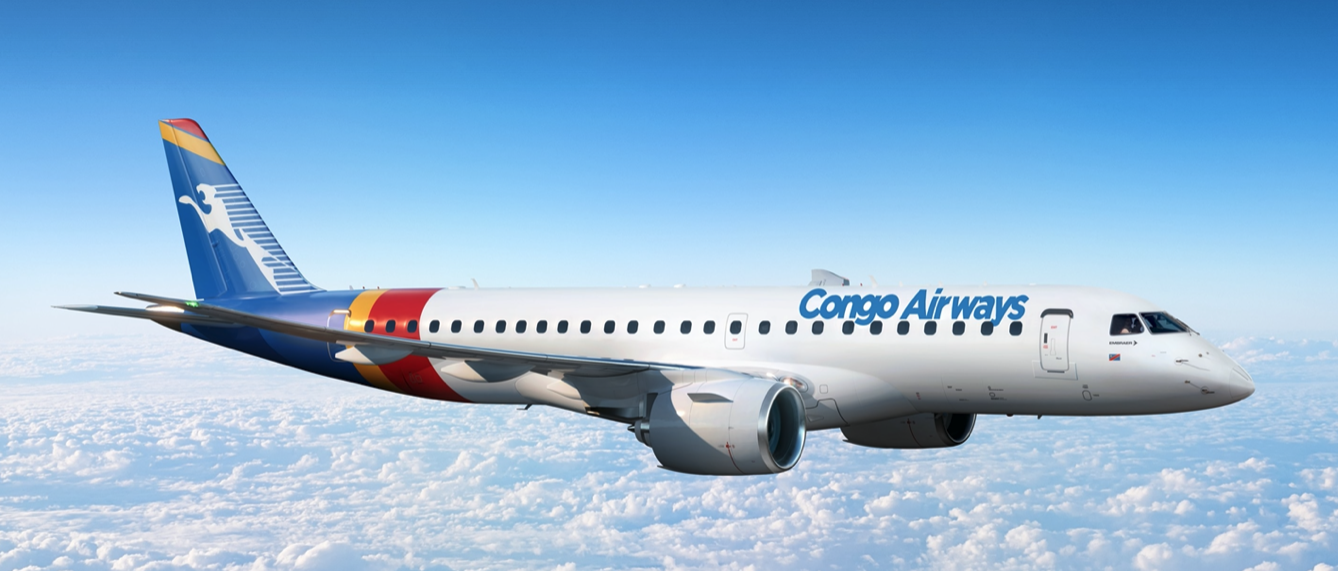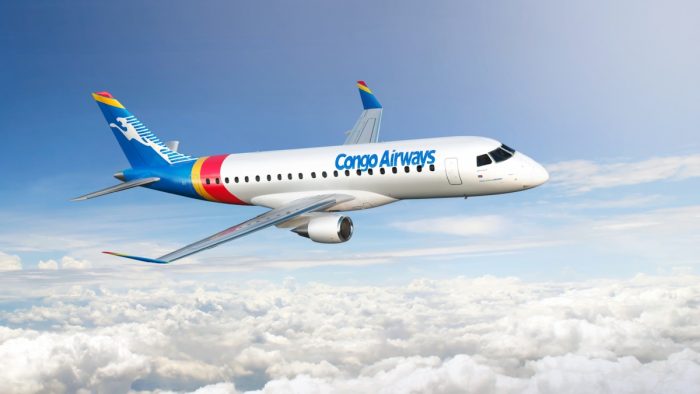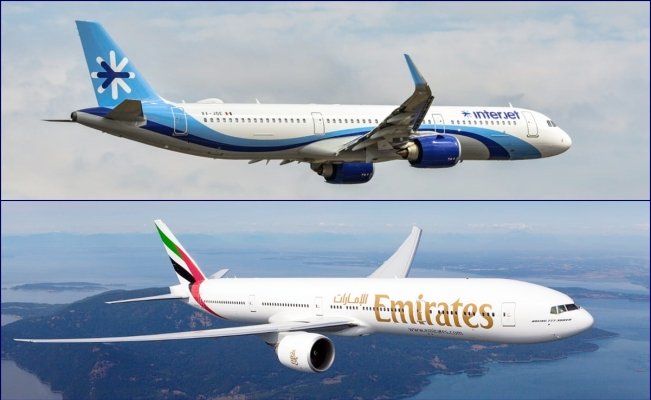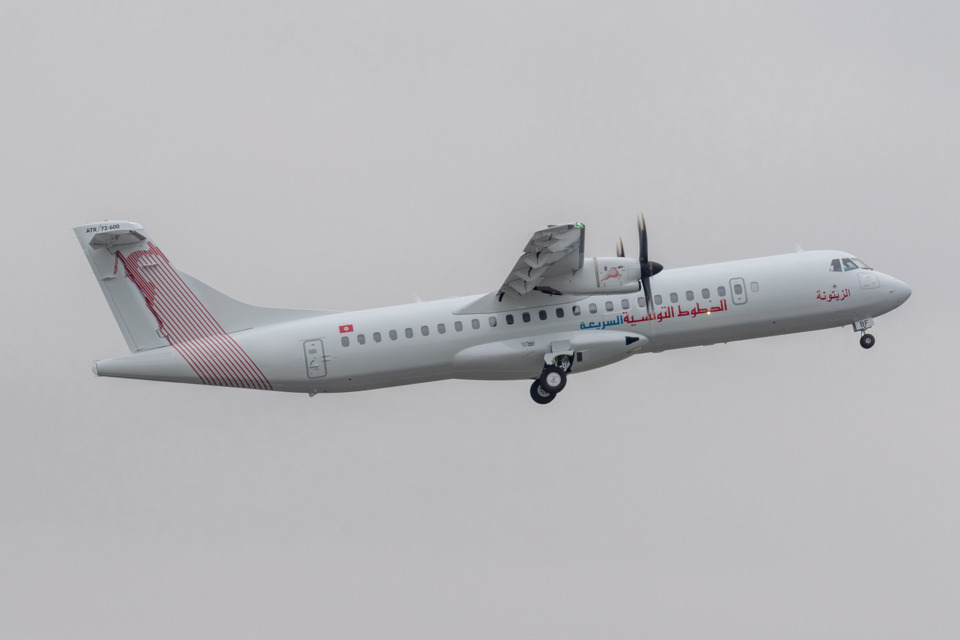São José dos Campos, Brazil, May 26th, 2020 – Congo Airways have converted the firm order made in December 2019 for two E175 aircraft, with purchase rights for two more, into a firm order for two E190-E2 jets, with purchase rights for a further two. The new deal has a total value of USD 256 million at current list prices with all purchase rights exercised, and will be included in Embraer’s second quarter backlog.
Desire Bantu, CEO of Congo Airways said, “These new jets will be replacing our legacy turboprops and will allow us to extend our operations within the Democratic Republic of Congo, and regionally to West, Central, and Southern Africa. Despite the current difficult circumstances, the fundamentals of our market have not changed; so we expect the momentum we’ve seen in the past to redevelop. I said in December that we may need to make an additional order for E2s due to the agility required to adapt to market changes – we have now reached that point. As we prepare for future success, we will have the flexibility, and the right sized, most efficient aircraft, to serve our customers as the market returns.”
“It’s great to welcome another airline to the E2 and the Embraer family of operators, especially in Africa where the demand for regional travel had been growing strongly before the current crisis. Africa has long been a market with low frequencies and long thin routes. As airlines start ramp up their operations, the E2 family of aircraft is perfectly positioned to right size routes previously operated by narrowbodies, while keeping frequencies and adjusting capacity to new levels.” said Raul Villaron, Vice President Sales, Africa and Middle East, Embraer Commercial Aviation. “We look forward to supporting Congo Airways as they continue to upgrade their offering to their customers.”
The aircraft will be configured in a dual class layout seating 96 passengers in total, with 12 staggered business class seats. Deliveries are expected to begin in the second quarter of 2022. This is second E2 order received from an African customer. There are currently 189 Embraer aircraft operating in Africa with 54 airlines in 27 countries.
Embraer is the world’s leading manufacturer of commercial aircraft up to 150 seats with more than 100 customers across the world. For the E-Jets program alone, Embraer has logged more than 1,800 orders and 1,500 aircraft have been delivered. Today, E-Jets are flying in the fleets of 80 customers in 50 countries. The versatile 70 to 150-seat family is flying with low-cost airlines as well as with regional and mainline network carriers.














